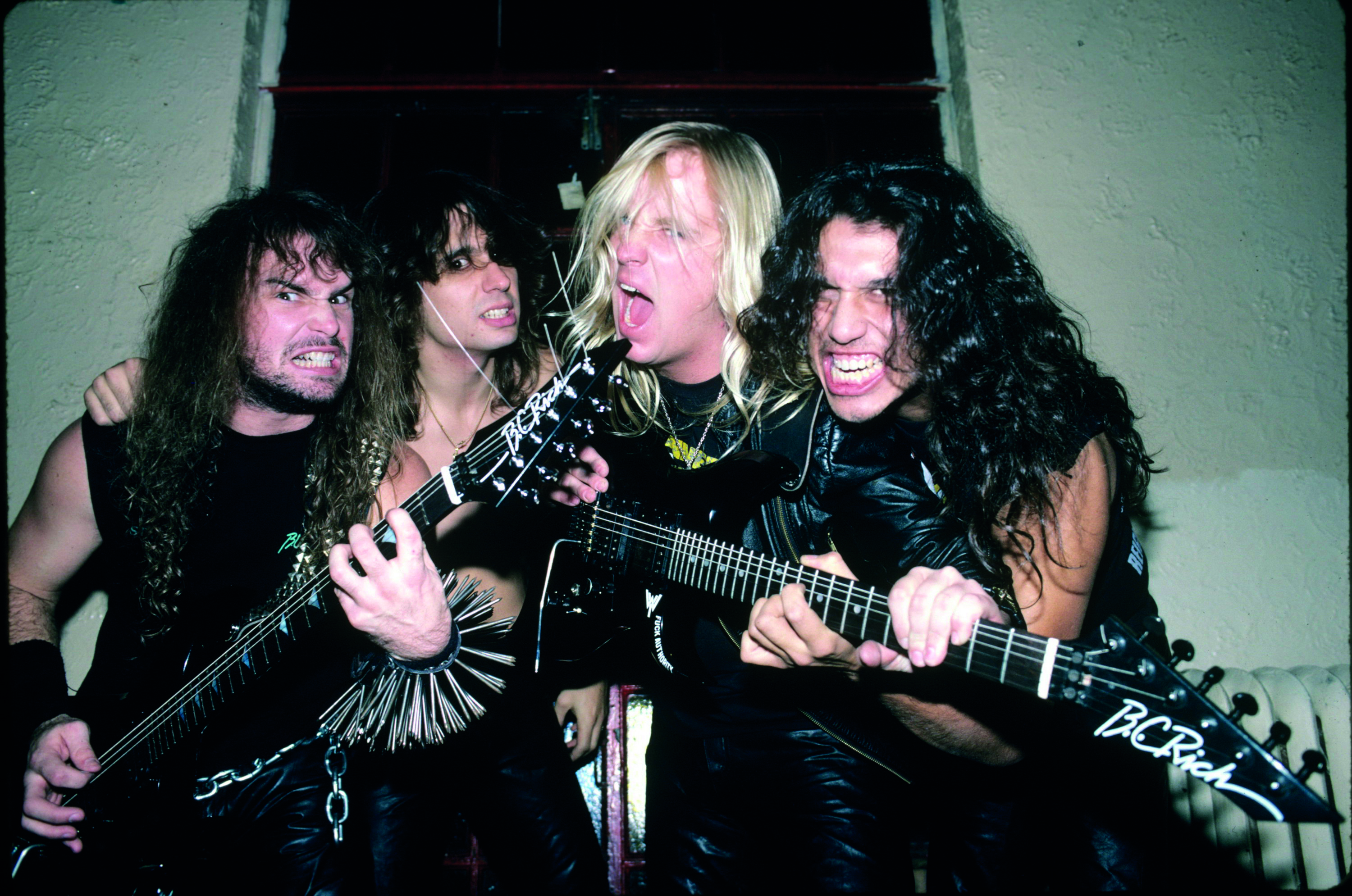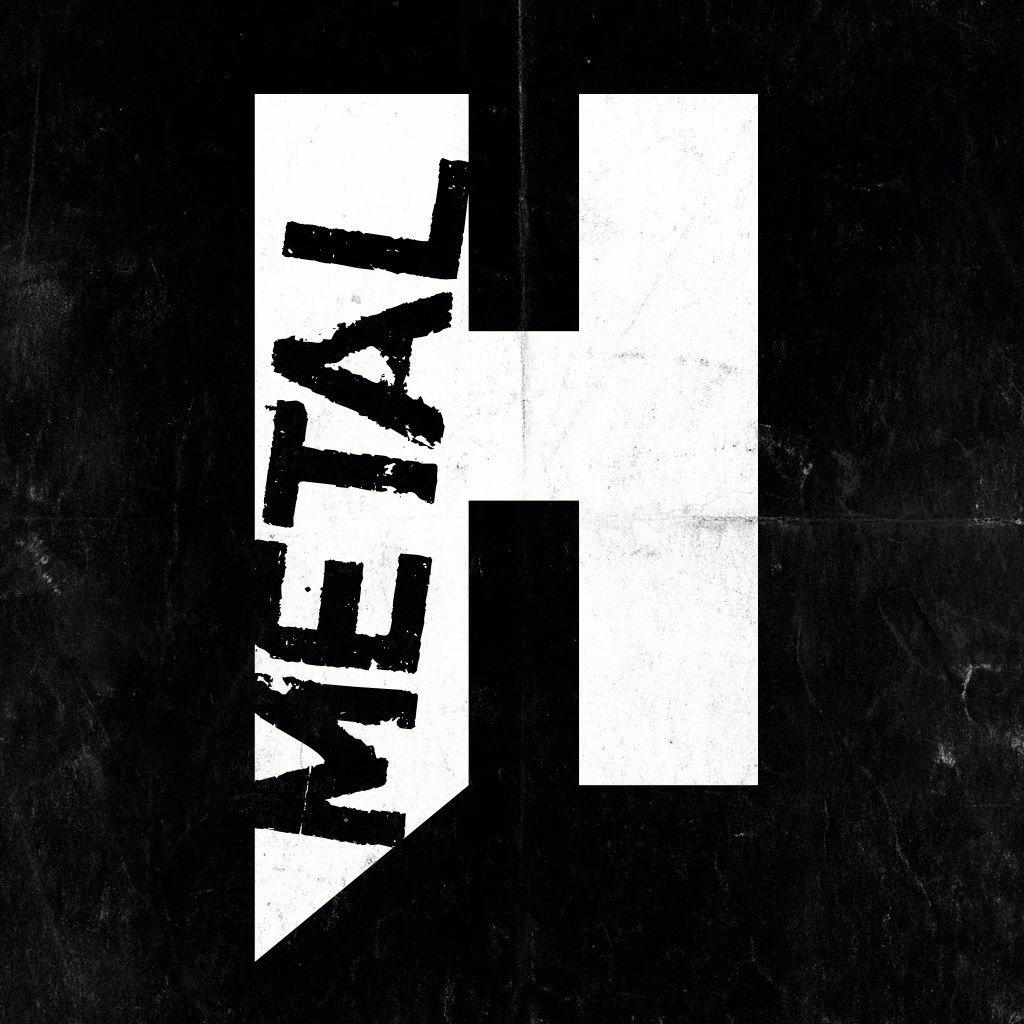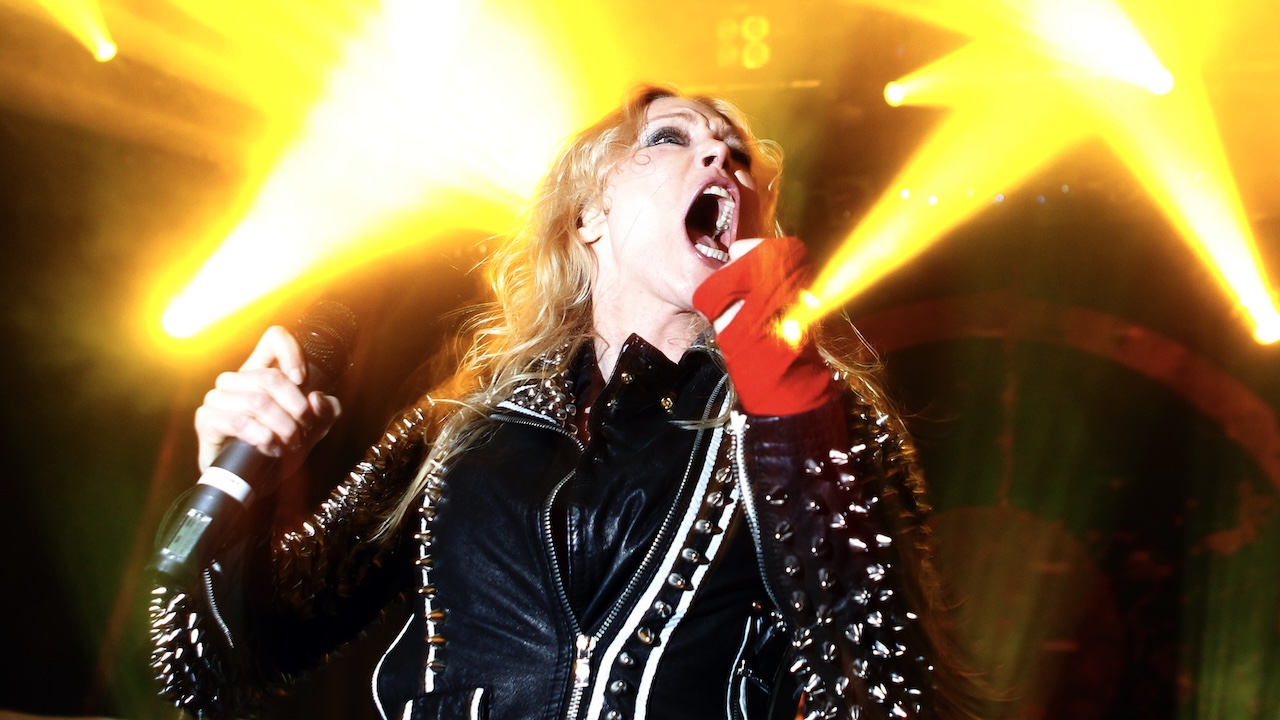Slayer look back on three decades of aggression
Slayer have been reigning for even longer than Metal Hammer has existed, and Kerry King says their success is down to them never doubting their talent

Select the newsletters you’d like to receive. Then, add your email to sign up.
You are now subscribed
Your newsletter sign-up was successful
Want to add more newsletters?

Every Friday
Louder
Louder’s weekly newsletter is jam-packed with the team’s personal highlights from the last seven days, including features, breaking news, reviews and tons of juicy exclusives from the world of alternative music.

Every Friday
Classic Rock
The Classic Rock newsletter is an essential read for the discerning rock fan. Every week we bring you the news, reviews and the very best features and interviews from our extensive archive. Written by rock fans for rock fans.

Every Friday
Metal Hammer
For the last four decades Metal Hammer has been the world’s greatest metal magazine. Created by metalheads for metalheads, ‘Hammer takes you behind the scenes, closer to the action, and nearer to the bands that you love the most.

Every Friday
Prog
The Prog newsletter brings you the very best of Prog Magazine and our website, every Friday. We'll deliver you the very latest news from the Prog universe, informative features and archive material from Prog’s impressive vault.
When Metal Hammer unfurled its sails in 1986, several time zones away in the sun-drenched beach towns of Orange County, California, the four-man rhythmic hurricane known as Slayer were about to change the course of metal forever with their third album – a dizzying, 29-minute bludgeoning known as Reign In Blood. Meanwhile, 30 miles north, the poufy-haired glam metal revolution had ravaged Hollywood’s Sunset Strip, drawing both big-label money and generous radio play – a reality that inspired zero concern among Kerry King, Jeff Hanneman, Tom Araya and Dave Lombardo. “Hair metal was remedial music to me,” Kerry tells us backstage before Slayer’s intimate Comic-Con show at San Diego’s House Of Blues. “When we started, Hollywood was more hair metal and we played more in Orange County, where there was more of a metal stronghold.” Asked whether Slayer might have felt even a teensy rivalry bit of rivalry with their spandex-clad colleagues up north, Kerry shakes his head. “Once our fanbase started growing, it got big fast. There weren’t any rivalries, because I felt superior to all of those bands. We were trying to be the opposite of what hair metal was.”
In an age where the internet, social media and mobile phones were still a decade away, Slayer were pounding it out on the road the old-fashioned way – four guys driving around the US in a small van, doing everything on their own. It can’t ever be overstated that while hair metal enjoyed generous coverage on MTV, Slayer received neither video nor radio support, grinding it out night after night in small clubs, and relying on fanzines and word of mouth to spread their unholy gospel to the uninitiated masses across the globe. Introspective and, dare we say, happy this evening, Kerry looks back on those early days with a visible mix of pride and fondness. “It was killer,” he says. “We were always really humble, and I say that because I’ve seen a lot of bands over the last decade or so get a record out and think they’re owed a tourbus. We drove ourselves in a Camaro, and a passenger van and U-Hauls. We did it all ourselves. We didn’t start to taste any fruits of our labour until Reign In Blood came out and we finally got a tourbus. We never expected it. It was like, ‘Really? We get our own tourbus?’ I think that’s something missing in bands. People just have a huge sense of entitlement when they haven’t paid any dues. We paid our dues, then we got some things that we were entitled to, and that’s the way it should be.”

Reign In Blood was, of course, the game-changer – a dizzying amalgam of bruising, riff-powered NWOBHM and gasoline-drenched hardcore, expanded with the compositional ambition of Mercyful Fate and the dark snarl of Venom. Kerry might downplay its influence today, yet 30 years on, we hardly interview an artist who doesn’t namecheck Slayer or Reign In Blood among their primary influences. “I don’t consider us having a Slayer sound until Reign In Blood, and that’s what Slayer sounded like from then on,” he says. “I don’t know when people started talking about it being the best thrash record of all time, but at the end of the day, that was just our next record and people are drawn to it.”
Over the course of three decades, we’ve seen many bands alter their core sound to harness a prevailing trend like rap-rock or grunge, but other than the occasional tempo change or the odd proggy time signature, Slayer’s core sound remains largely un-fucked-with. This, Kerry assures us, underscores a sacred duty to their fans. “That’s why I like Slayer. We don’t try to be anything we’re not. We didn’t try to be Def Leppard when Def Leppard were selling millions and millions of records. People like us for what we are,” he states.
- Slayer fan thrown out of show for spitting on Tom Araya
- The top 10 most gruesome Slayer songs
- Slayer’s Payback performed by ukulele duo
- Buyer's Guide: Slayer
As our pages have reflected time and again, rock superstardom comes at a heavy price, and no band survives three decades of hard charging without facing the types of tragedy and erosion that threaten their very existence. Asked to name the biggest of these, Kerry pauses for what feels like an exceedingly long time, before replying, “Replacing Dave, probably. Say what you want about Dave, but he can fucking play the drums. For sure. Does he make the right business choices? Not all the time. Then we had to replace Paul [Bostaph] the second time, and that was difficult, too. And he left both times on good terms and that’s why he’s here for a third term. The only other one was figuring out what to do when Jeff got bitten by the spider. I mean, Gary Holt’s my first choice. He’s been here ever since and I couldn’t be happier in that scenario. But I think we’re at a point now where if Gary said, ‘You know, I’m ignoring Exodus too much, I’ve got to go do something else,’ I don’t know if we’d want to go find somebody else. It wears on you when you lose a part of you and you’ve got to do that. And he’s a perfect fit. Did I have backup plans when I had his name in mind? I had to. But everything went as I wanted it.”
Though depressing to consider, all good things must end, and we’ve spent the better part of two years chronicling Black Sabbath’s sprawling global farewell tour. When it comes time to call it quits, would Slayer follow the Sabbath playbook? Kerry doesn’t think so. “I don’t think we’re gonna play into our Sabbath age, just because our show is such an event – it’s not just seeing our music and watching our lights, it’s the ferocity between Slayer and the fans. Tom physically can’t headbang anymore – that’s why he doesn’t. There’s going to come a time when we’re just not putting out the same product and I want to be aware of that. But me and Gary and Paul still put on a driving show, and there’s going to come a time when we have to weigh whether we want to continue and not be as vicious, or do we want to hang it up, and I don’t know when that is.”
Thankfully, in view of the thunderous success of Repentless, not to mention their recent US tour and a heroically energetic Bloodstock set, we can’t see the end coming anytime soon. And yet with the future still unwritten, we ask Kerry to name his biggest accomplishment of the past 30 years. “Probably hanging around so long and still being relevant,” he says. “Being lucky enough to be part of a music that isn’t generation-splitting. You see parents bringing their kids and older brothers bringing their siblings, and it’s not one of those weird types of music where if your parents like it, you can’t like it. Because that kind of music’s divisive and it’s hard to continue like that; it’s the death of a lot of bands. But we’re in a lucky genre, with metal being like that, and Slayer fans are the pinnacle of that.”
Sign up below to get the latest from Metal Hammer, plus exclusive special offers, direct to your inbox!
Every Song On Slayer's Reign In Blood Rated from Worst To Best
Founded in 1983, Metal Hammer is the global home of all things heavy. We have breaking news, exclusive interviews with the biggest bands and names in metal, rock, hardcore, grunge and beyond, expert reviews of the lastest releases and unrivalled insider access to metal's most exciting new scenes and movements. No matter what you're into – be it heavy metal, punk, hardcore, grunge, alternative, goth, industrial, djent or the stuff so bizarre it defies classification – you'll find it all here, backed by the best writers in our game.

